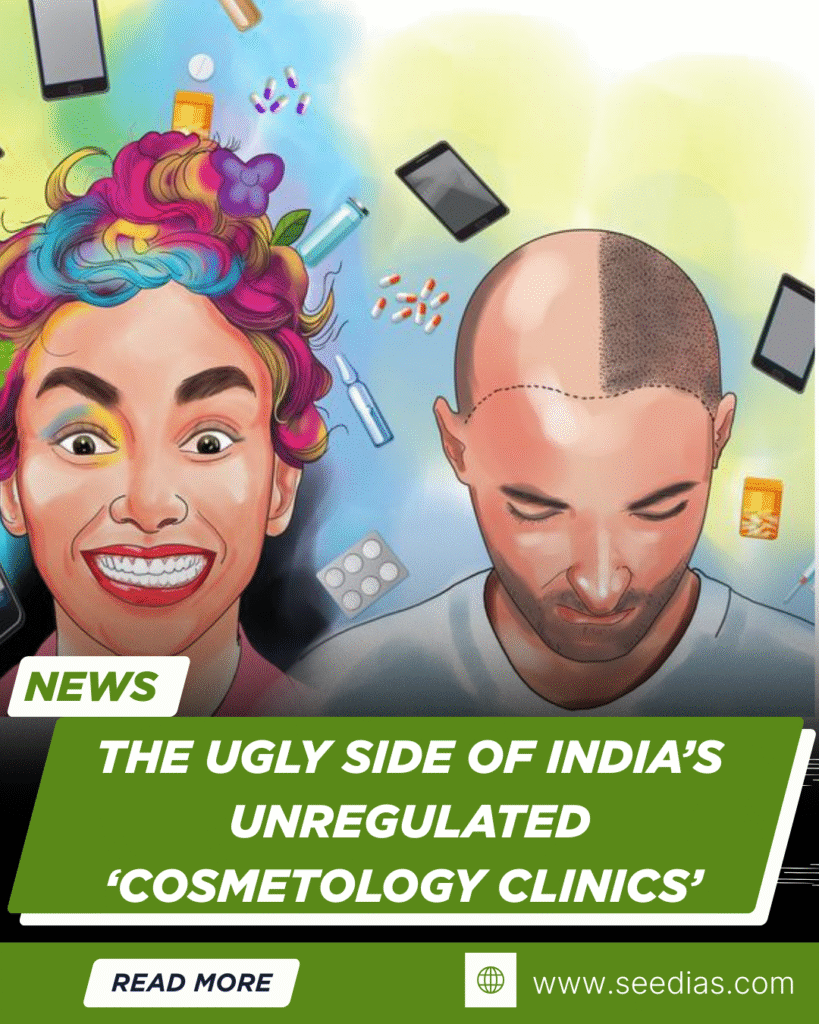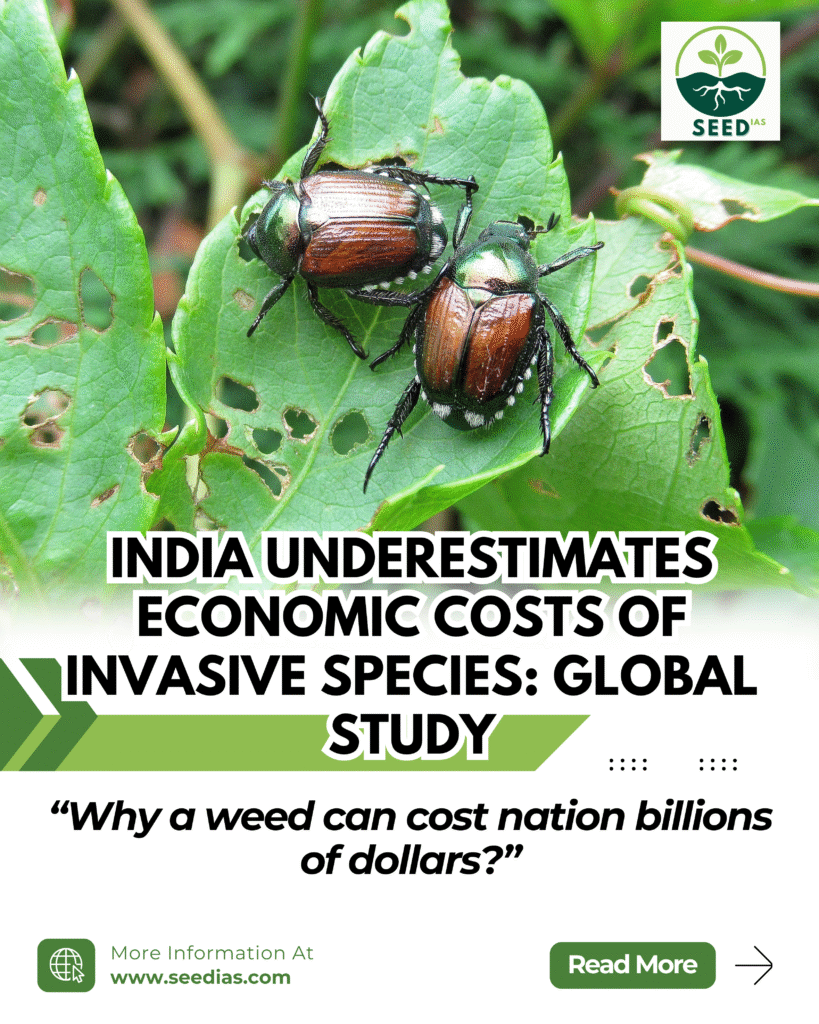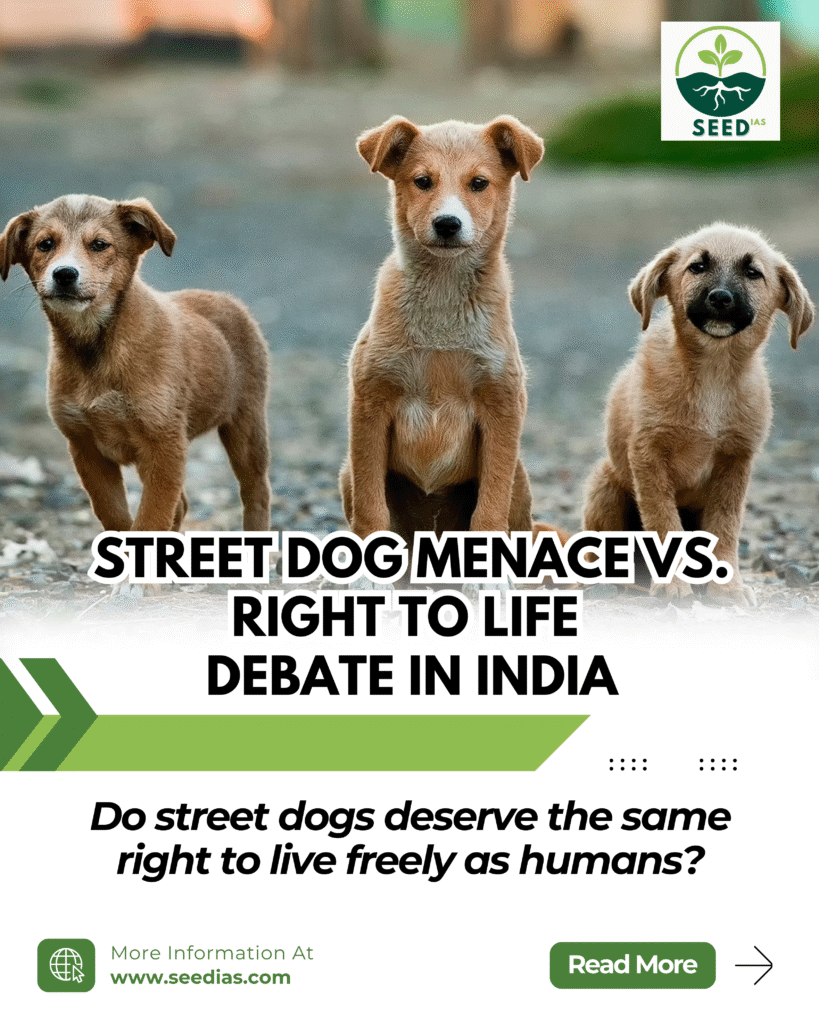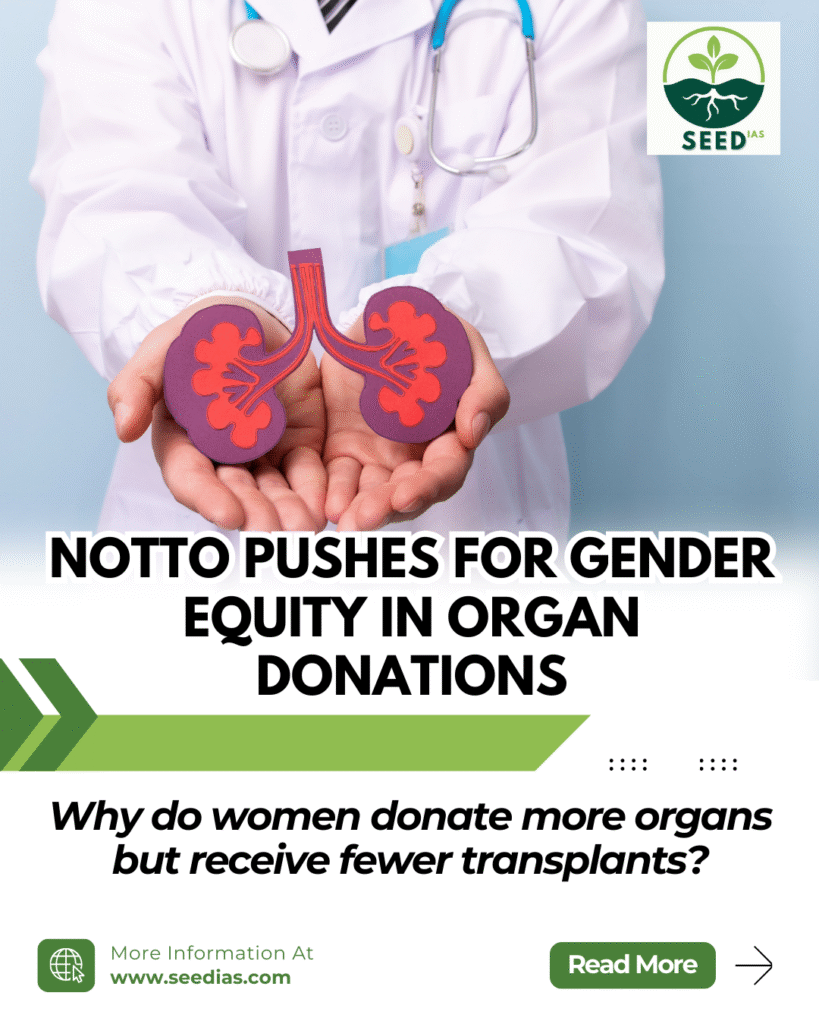Social Trigger
Rising demand for aesthetic procedures in India has led to mushrooming of unregulated cosmetology clinics, many run by unqualified practitioners, risking patient lives and health.
Economic Angle
- Wellness industry boom:
- Valued at USD 2.5 bn in 2024, projected to reach USD 4 bn by 2033 (IMARC).
- Low entry barriers → lucrative for quacks.
- Patients end up spending lakhs for unscientific/unsafe treatments (e.g., fake PRP facials, steroid creams).
- Economic burden of complications: repeated hospitalisations, reconstructive surgeries, and loss of income.
Ethical Concerns
- Exploitation of vulnerable groups (esp. women & youth) driven by social media pressures.
- Deceptive advertising: exaggerated claims like “hair in 7 days,” “skin whitening in 10 days.”
- Quackery:
- Dentists, AYUSH practitioners, or unqualified individuals performing high-risk dermatological procedures.
- Fake certificates sold at ₹1–2 lakh.
- Breach of medical ethics:
- Performing procedures without consent, knowledge, or backup facilities.
- Misuse of medical titles like “cosmetologist.”
Enforcement & Legal Issues
- Existing norms:
- National Medical Commission (NMC) guidelines → Only trained, registered doctors allowed to perform aesthetic procedures.
- Challenges:
- Overlap between NMC & Dental Council.
- State Clinical Establishment Acts not fully implemented (e.g., Kerala).
- Lack of inspections, poor enforcement → minimal deterrence.
- Sections 34 & 54, NMC Act: Address impersonation & unlawful medical practice → underused.
Institutional & Federal Role
- Medical Councils & Associations:
- IADVL (Dermatology association) running anti-quackery drives, warning public.
- Telangana Medical Council inspecting & shutting down fake clinics.
- Governments:
- Sporadic police action, licence cancellations.
- No dedicated regulatory law for aesthetic procedures yet.
Future of Governance
What should be done?
- Central & State role:
- Create a dedicated law regulating cosmetology clinics.
- Mandatory licensing & registration with periodic inspections.
- Stronger consumer protection against misleading ads.
- Medical ethics & training:
- Only dermatologists & trained plastic surgeons to perform procedures.
- Ban short-term online/weekend “fellowships” as a licence to practise.
- Public awareness:
- Campaigns warning against unverified clinics.
- Patients must verify practitioner qualifications before opting for procedures.
















